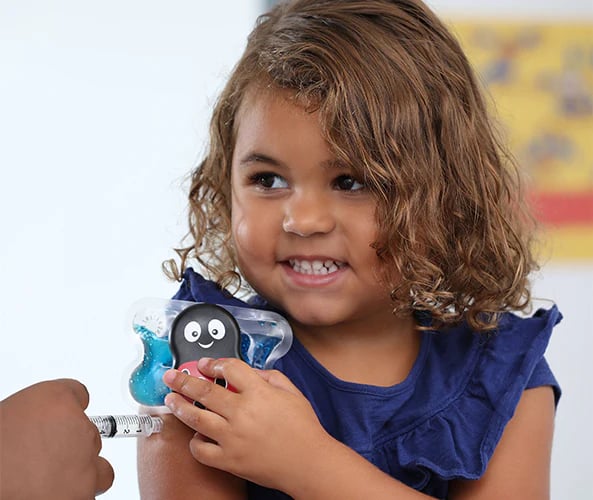

2016
VibraCool launched to reduce Post-Surgical pain without opioids

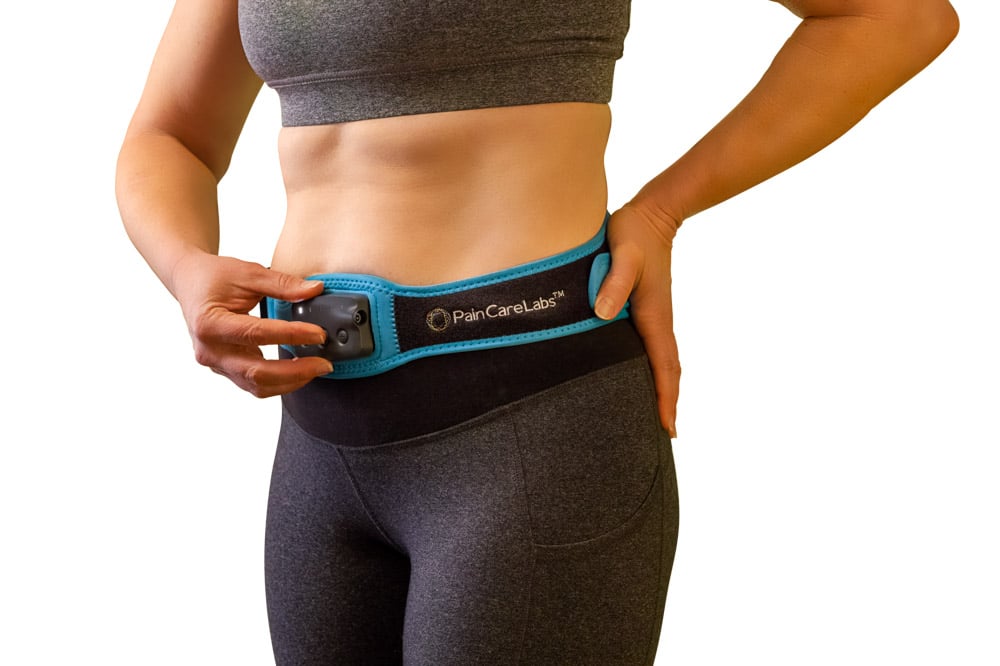
Dr. Amy Baxter practiced academic medicine over 20 years, completing fellowships in Child Abuse, Pediatric Emergency Medicine, and Clinical Research. She has authored multiple first author publications, textbook chapters, and continues to lecture nationally and internationally on pain management, this year in Maastricht, Chicago, LA, and the TED main-stage in Vancouver.
Contributions to science include an algorithm to time liver injuries using the natural log of hepatic enzyme decay, the pictorial nausea “BARF” scale for oncology validated in multiple languages, cofounding the Society for Pediatric Sedation, facilitating the current standard of safe ED propofol use, demonstrating COVID 19 hospitalization reduction with nasal saline, and HHS testimony about adult needle fear. Academic service includes 15+ NIH SRGs for NIDA, NINDS, and NICHD, and serving on the ACEP COVID Field Guide for Emergency COVID-19 Management guideline task force.
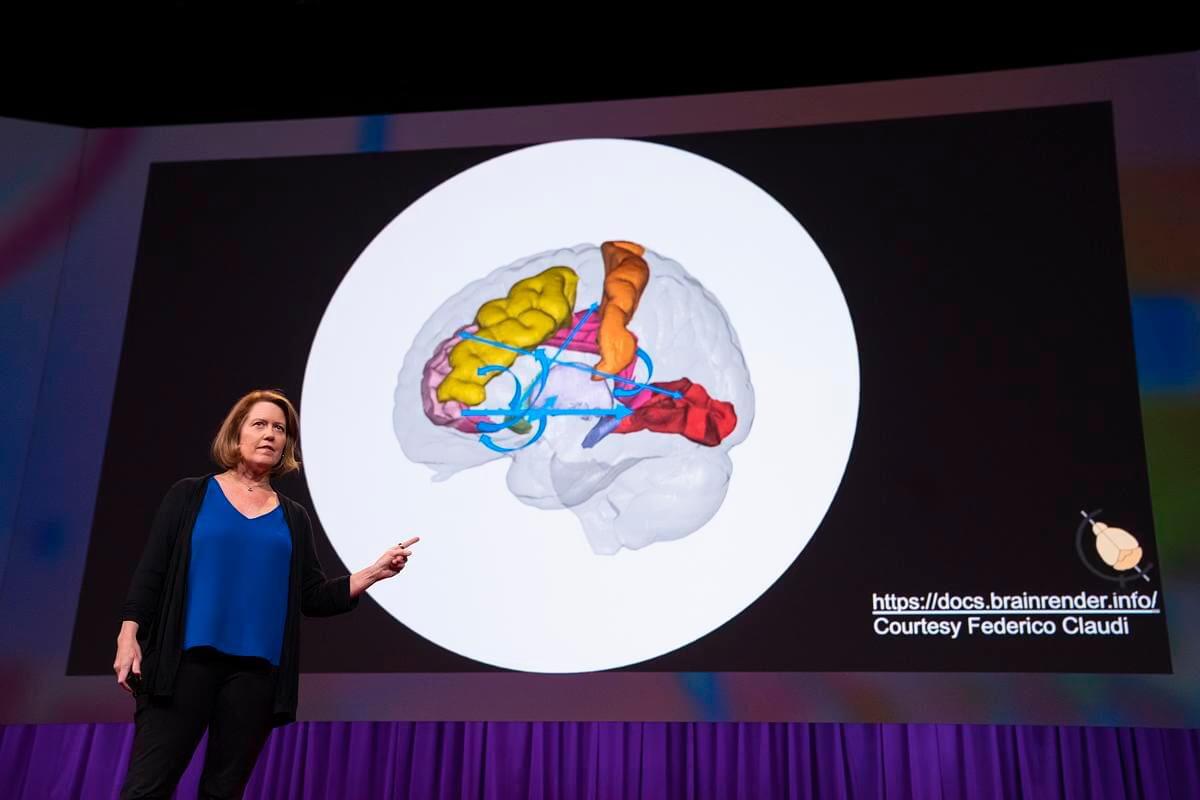
She has spent the last 20 years researching the synergy of neuromodulation physiology using thermal and mechanical stimulation, identifying harmonic interactions with high frequency-low amplitude vibration to decrease pain.
She is Primary Investigator of two NIH Fast-track SBIR grants for vibratory neuromodulation pain relief. Dr. Baxter served on pain relief committees at UTSW Children's Hospital, Children's Hospital of The Kings Daughters, and Children's Healthcare of Atlanta.
“Making something painful that doesn’t have to be is just plain wrong.” Dr. Baxter explains the connection between parents' perceptions of their children’s safety & public health.
At TEDMED 2014, pediatrician and entrepreneur Amy Baxter challenges us to talk more openly about needle pain and how it can impact public vaccination and healthcare uptake by adults.
People blow off needle fear but could we be losing a generation to antivaccine attitudes because of a failure of compassion? Real science and real solutions in an amazing interview.
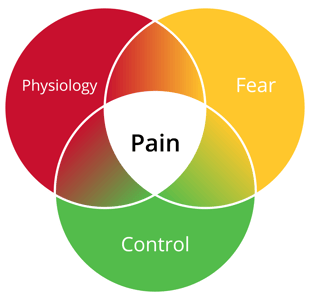
The amount of pain, fear, and concentration on a procedure is what the brain perceives as distress. Address all three elements for a better needle experience.
Pain blocked in over 45 Million needle procedures.
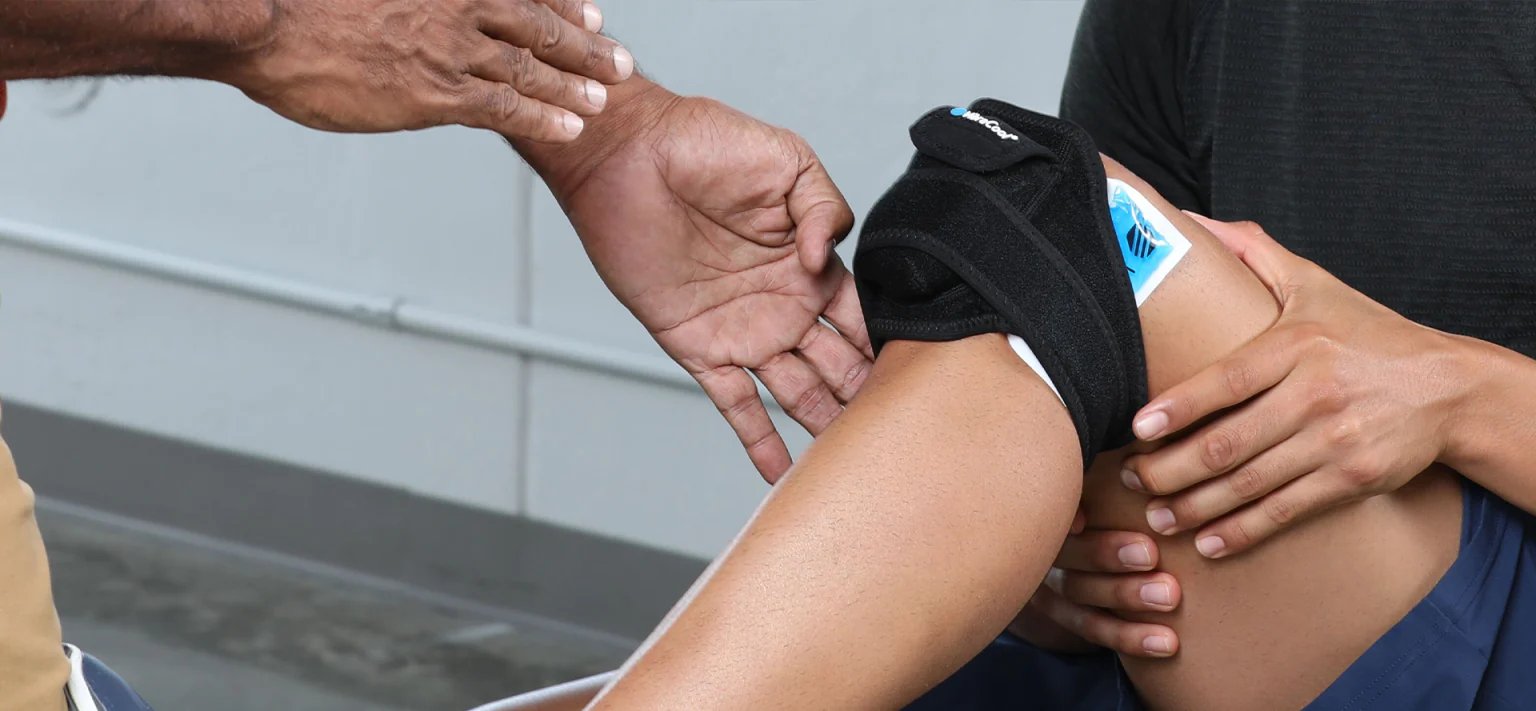
Pharmaceutical costs are pushing up the price of healthcare, while life expectancy is declining
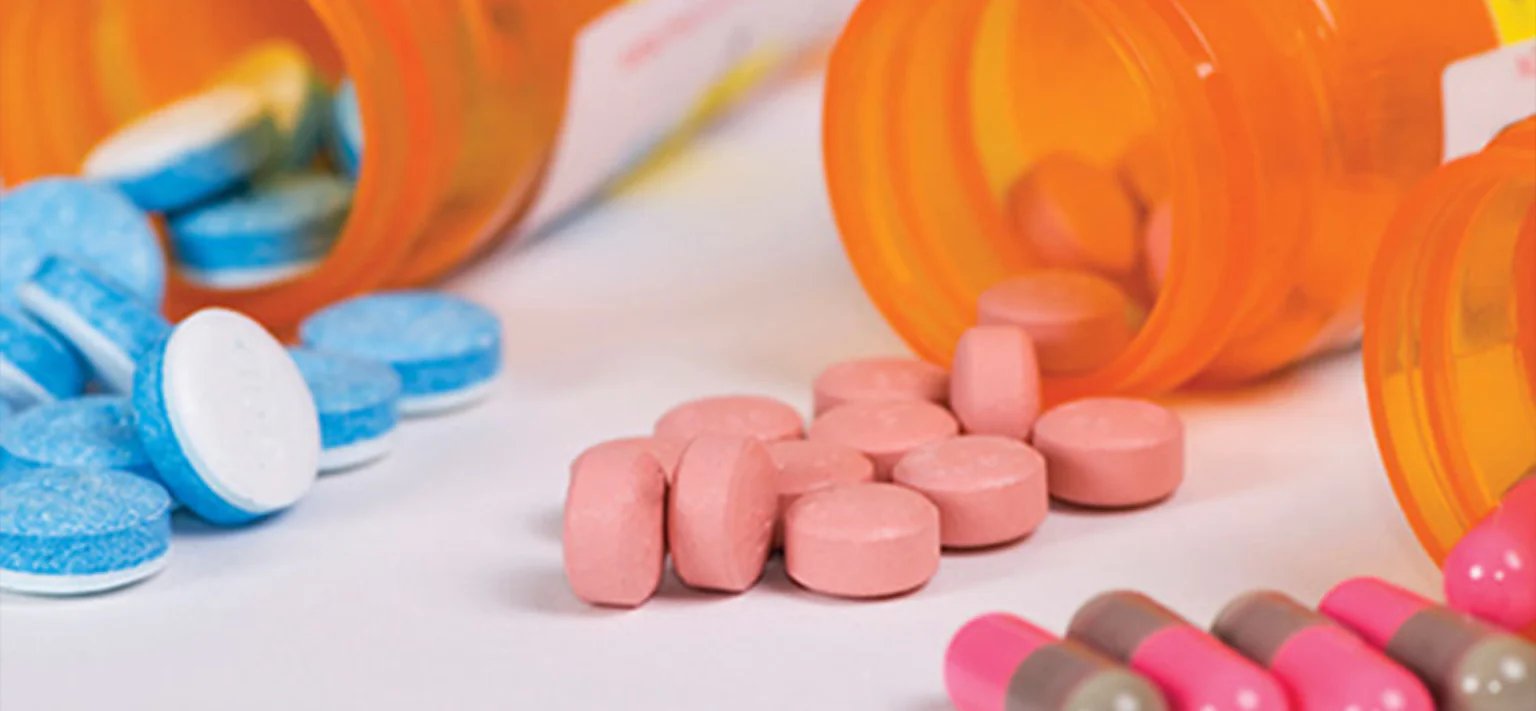
The truth is, the pharmaceutical industry and our reimbursement system influenced not just the spread of opioids, but how our culture understands and treats pain.
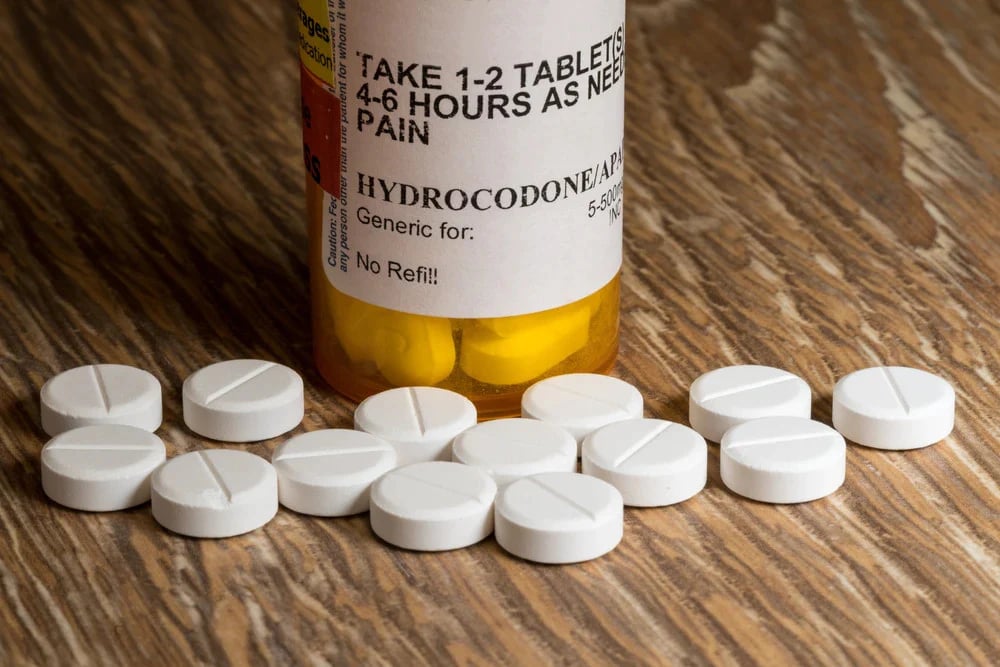
Unlike other drug crises, 80% of opioid addiction starts with a pill prescribed by a physician or dentist. 76 Billion pills, it seems, prescribed over 6 years, led to 100,000 deaths.

The truth is, the pharmaceutical industry and our reimbursement system influenced not just the spread of opioids, but how our culture understands and treats pain.
Get in touch with us.